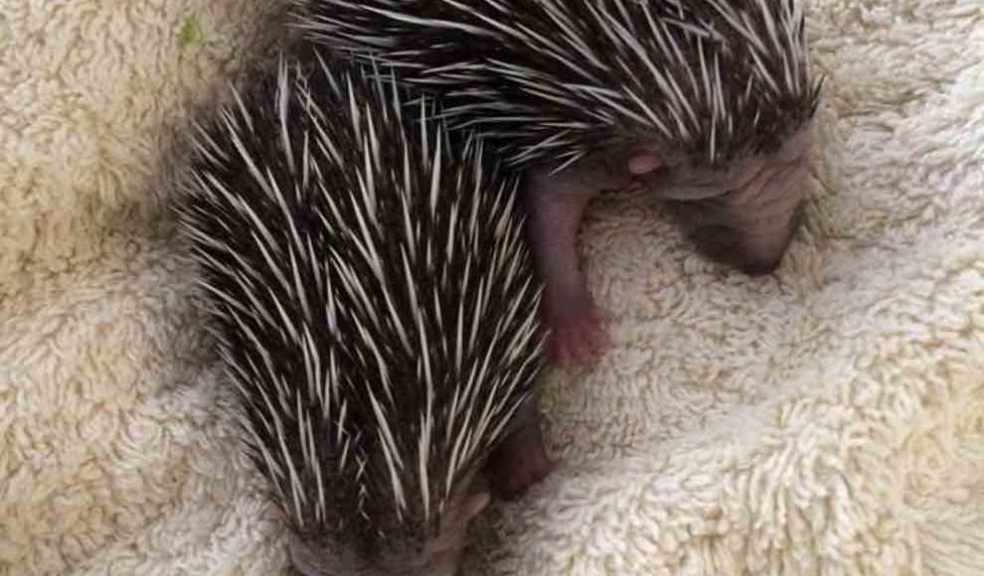
RSPCA braced for a ‘hectic hedgehog’ month as calls spike in July
July looks set to be ‘hectic hedgehog’ month for the RSPCA after calls about the prickly creatures peaked during this time last year.
From a total of 10,644 calls about hedgehogs made to the RSPCA’s national helpline throughout 2018, the number of calls spiked in July at 1867. Calls from the South West region1 totalled 10002 in 2018, 156 of which were made in July.
Across 2018, an average of 5.7 hedgehogs per day were admitted to one of the charity’s four specialist wildlife centres, but in the peak month of July, this rose to an average of 12.4 per day or one every two hours.
RSPCA Wildlife Scientific Officer Evie Button said: “We receive more calls about hedgehogs than about almost any other wild animal. With a total of 10,644 calls taken last year, averaged out, we get a call every hour of every day relating to these iconic animals.
“July is our busiest month for hedgehogs. Not only do calls about hedgehogs peak, but so do admissions to our four wildlife centres as members of the public and our own officers bring in orphaned, sick or injured animals for treatment and rehabilitation.”
Some of the top reasons given by callers for contacting the animal charity about a hedgehog were that they had found either a sick or injured animal (6067), an orphaned newborn or juvenile (1252) or an animal that was trapped or entangled (449).
Evie continued: “Because we get so many calls about injured or trapped animals we have some useful tips to help keep hedgehogs safe in the garden. Please remember to remove sports and fruit netting, cover drains and holes, check before using a strimmer or mower, look in compost heaps before forking over and avoid using slug pellets as these are poisonous to hedgehogs.
“We also receive calls from concerned members of the public who have seen a baby hedgehog - a hoglet - on its own. Our advice is firstly to check whether they actually need rescuing, by watching from a distance. Generally, it's best to leave them alone, but there are a few things you can do to check if the hoglet does need help. If their eyes are open and they're not in immediate danger, monitor from a distance. If you're concerned, you can try offering food and fresh water.
“During the summer months, only intervene straight away if you find a baby hedgehog in immediate danger (such as on a road) and the mother has been killed or if their eyes are closed and they are alone.”
More details on what to do if you find a sick, injured or orphaned hedgehog as well as how to help them in your garden, can be found on the RSPCA’s website.
To report concerns about an animal contact the RSPCA’s Hotline on 0300 1234 999.
With one call every 27 seconds, the RSPCA is always very busy but summer is the charity’s busiest period and the 24-hour cruelty line is experiencing a very high volume of calls. If you have an urgent concern about an animal in immediate danger, we urge people to be patient and wait for your call to be answered. It is also worth considering whether you can get an injured animal to a local vet if possible.
To help the RSPCA rescue, rehabilitate and rehome animals, please visit www.rspca.org.uk/give













